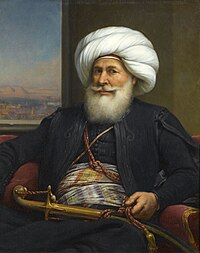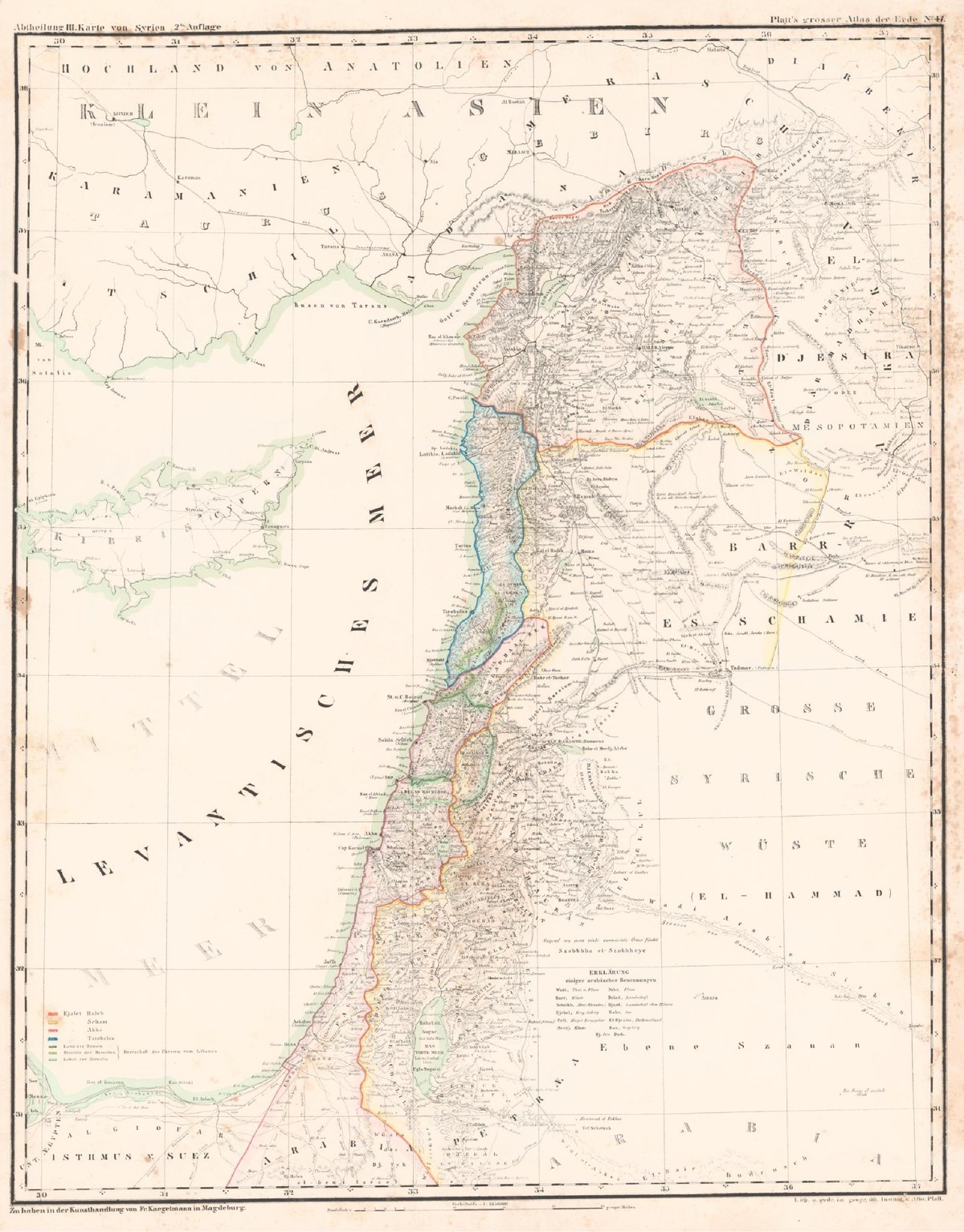fncceo
Diamond Member
- Nov 29, 2016
- 42,699
- 35,296
- 3,615
This may interest you.
Ottoman Palestine | The Institute for Palestine Studies
Ottoman Palestineoldwebsite.palestine-studies.org
A dubious source. The History of the region is well documented by multiple non-partisan historians.




:max_bytes(150000):strip_icc()/MosqueVisit-565ca00b5f9b5835e477e68c.jpg)


